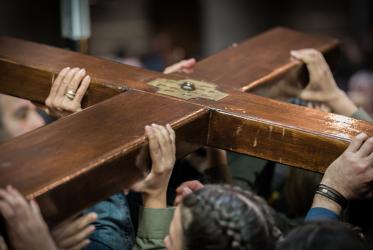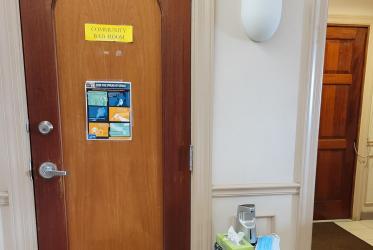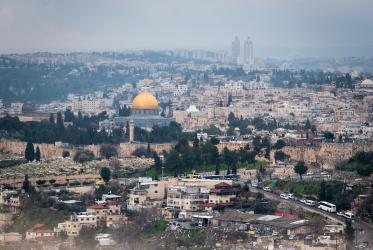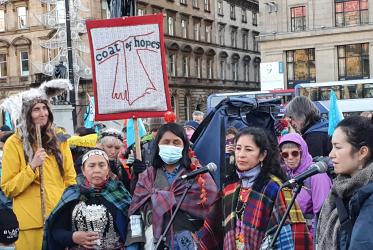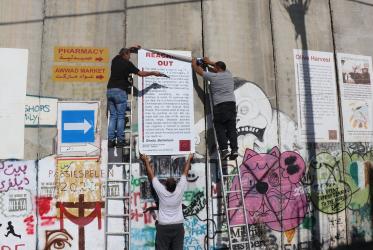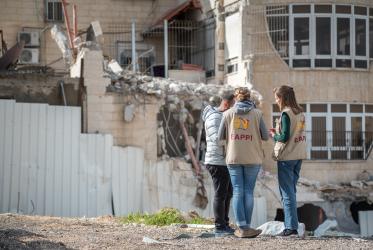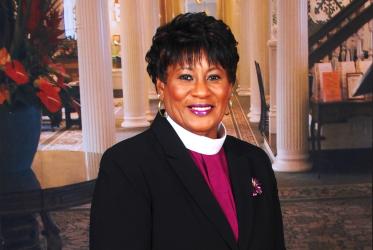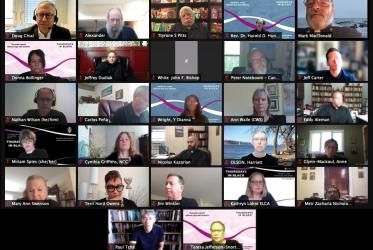Whether people have access to a safe and clean toilet has wide-reaching consequences for their dignity, health, access to education, and gender equality. Churches around the world are therefore acting as messengers, implementers, advocators, and guardians to promote better sanitation and hygiene. There are many practical and encouraging examples. One is the Episcopal Church of Saints Andrew & Matthew (SsAM) in Wilmington (Delaware) in the USA, which has a “community bathroom” that people from the homeless community can use.
14 December 2021
